Submitted by Berrin Chatzi Chousein
What’s wrong with current film critics?
Turkey Architecture News - Apr 27, 2015 - 09:50 9297 views
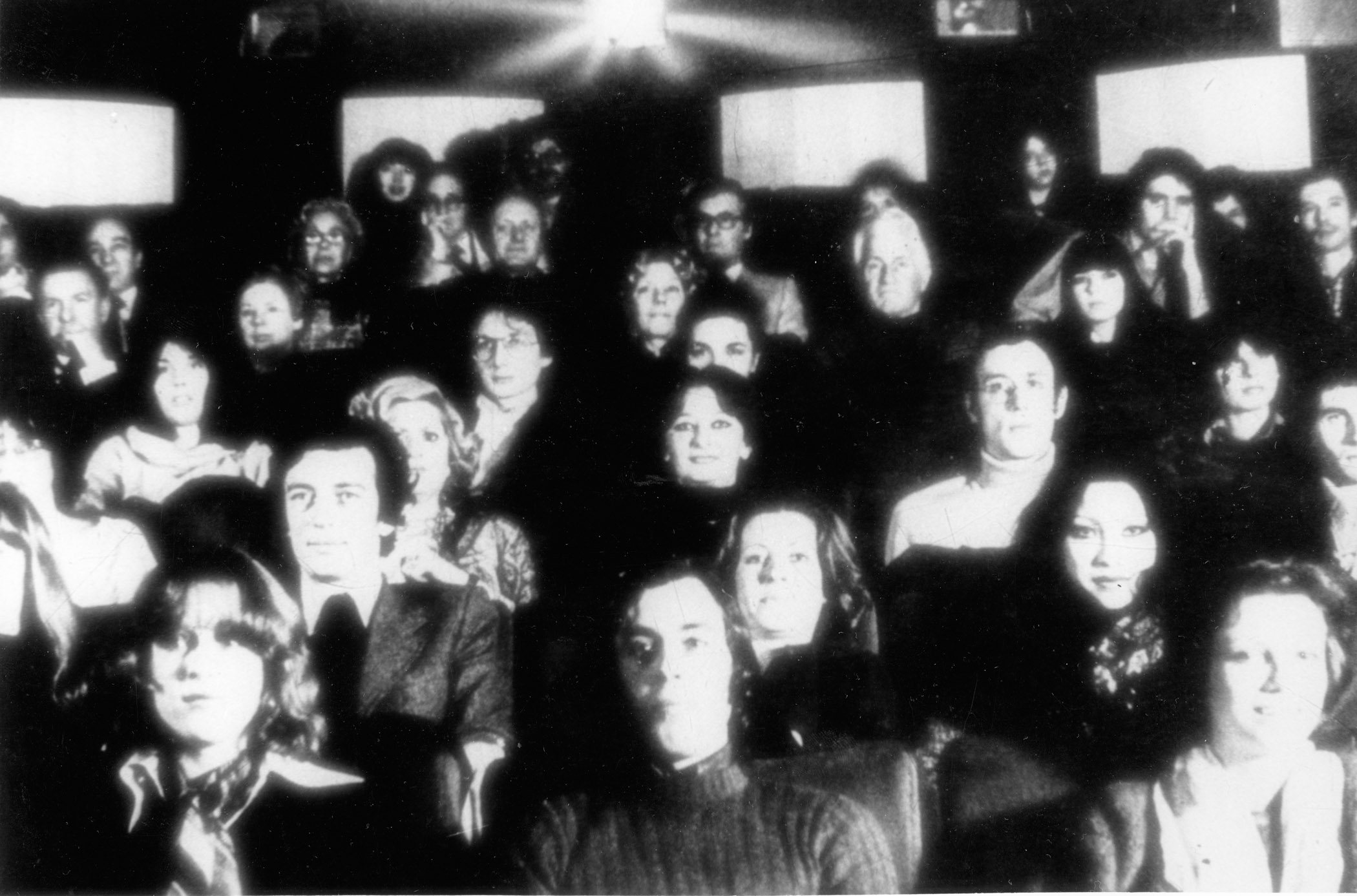
image:Guy Debord In girum imus nocte et consumimur igni (1978)
Film criticism as a social art
text by Berrin Chatzi Chousein
The real matter of film criticism has actually began to emerge in the early 1900’s with Hollywood films, which was also a critical adventure for some screenwriters and directors.Yes, this matter of fact was widely confirmed in those years because writing a criticism on a film was breaking the boundaries between the prospective film directors, screenwriters and the employer in film industry.
Before mentioning today’s digital age critics, it’s better to evaluate the method or the ‘’nature’’ of film criticism as related to how it succeeded at it’s own scope to get more audiences, profoundly everywhere. In the early 1900’s,film criticism was at least as important and incisive as the film itself. Indeed, the main reason for this was that each local newspaper had a one reviewer of the films formed by some featured journalists and if we compare it to today’s film media, we had not been exposed to so many film critics as it is today. So, film criticism was in progress for many years by valuable writers with their insightful thoughts and striking comments that reflected ‘’film criticism’’ itself as an art form and a new venue in this area. In this sense, the success of literary film criticism could be measured by rating with stars like hotels and restaurants and it was an important dioristic fact for which a worthwhile film because there was no any other authoritative opinion about the film at that time.
To articulate the film criticism itself, there was always needed to make a distinction between the terms ‘’criticism’’ and ‘’review’’ inevitably in terms of a fair activist criticism. Briefly, film criticism is the theoretical study, analysis and interpretation of a film within a social, political and historical context and focuses on a specific aspect of a film. While doing that, criticism forms its own language, structure and style by concluding the film with a specific judgement about actors or directors or total integrity of a film.A scholar or an expert in the field of film studies writes film criticism in a more complex way and longer.On the other hand, film review is just making a general plot summary and discusses the film in a more cultural, artistic and entertainer way to get more audiences’ attraction.Film reviews are usually written by journalists with shorter texts, that is, they are more superficial and based on a recommendation rather than analysis.
Historically, the most powerful voices of film criticism has been recorded as Manny Farber, Pauline Kael, David Bordwell, James Baldwin, Linda Williams, Stanley Cavell, Carol Clover, Otis Ferguson and James Agee and in modern age, Roger Ebert who are the real predecessors of film critic and they have changed the way of expression of film theory dramatically in the history. They invented the art form of a film criticism. Undoubtedly, there are two names becoming more prominent among other film critics who makes them pragmatist and invigorating in speculative gains.James Baldwin and –Pauline Kael.
And it is time to turn for sovereign film criticism with James Baldwin.
Everyone can follow a protagonist in the history of film criticism but James Baldwin is the greatest name of American movie we have ever seen. Baldwin has written many short essays on film criticism but what makes him so activist, discoursive and controversial is to undercut some automatisms of a film and reconstruct a piece in a more apprehensive and cognitive way. Baldwin’s indirect words in his texts and insightful comments have influenced cinema thoroughly; especially in the critique of the racial politics of American and European film, his curiosity about black (or white) people was not someone else’s fantasy and was hitting all society like a ton of bricks with his lucid, illuminating and patriotism act through film theory.
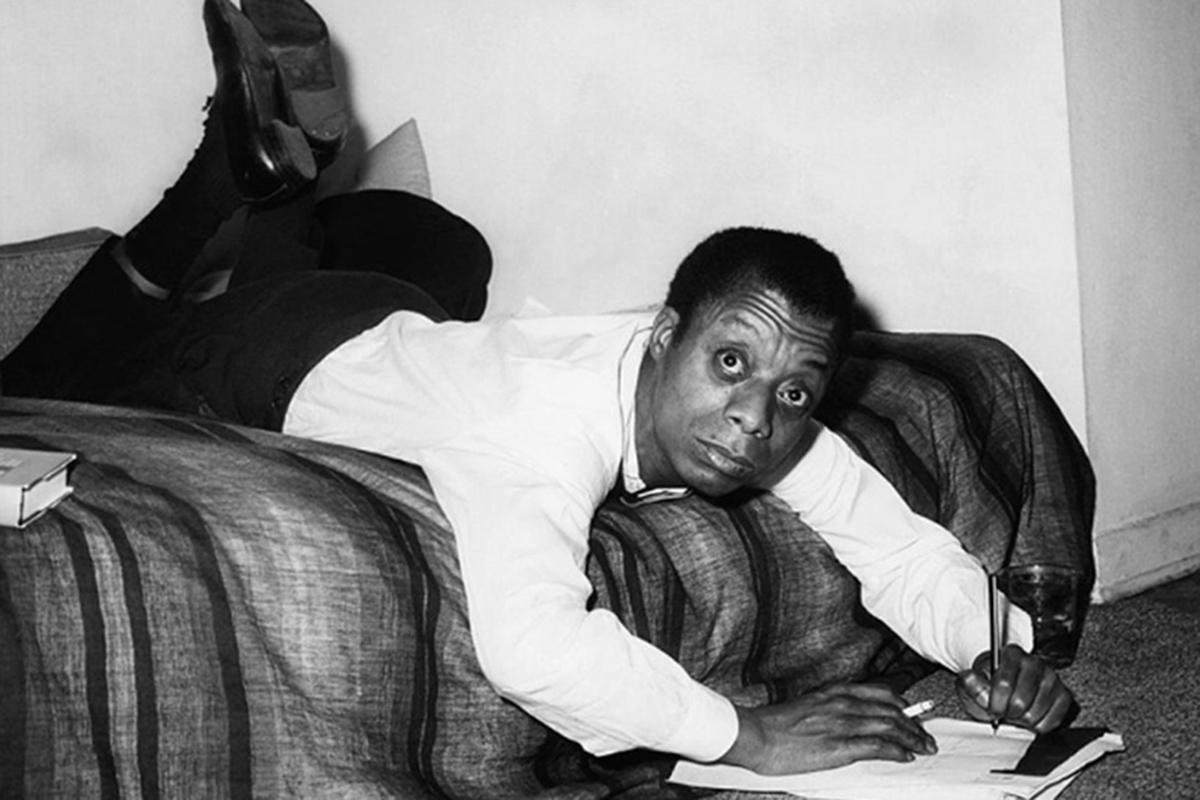
image:James Baldwin 1963 by Everett
Baldwin’s mystic nuances in the texts neither were not about political pessimism, nor drawing down the film by using some speculative terms.
All the memorable turn of phrases in his description strikes the film script over the truth.
He was not writing with academic style.
He was not pumping a film to the audience-it could not be a recommendation (!)
Baldwin’s attitude was hidden in his power of descriptions and subtexts of a film but by catching a moment and transcending the film inwardly and-not gracelessly or cynical.
It should be acidly admitted that James Baldwin transformed the film to the art because he changed the way of context in which all the black and white people have been excluded from others.He definitely reconstructed a work of a film theory with the most powerful essay, The Devil Finds Work, was his best criticism ever and also printed in a book named ‘’The Devil Finds Work: Essays’’.

Left to right:Linda Blair as Regan MacNeil Max von Sydow as Father Merrin and Jason Miller 1939 - 2001 as Father Karras in ‘’The Exorcist’’ directed by William Friedkin 1973 photography by Warner Bros
In the Exorcist (1973), the axiology of Americans about self-delusions and deceptions has never been so true and well presented in the subtexts of this film:
''For, I have seen the devil, by day and by night, and have seen him in you and in me: in the eyes of the cop and the sheriff and the deputy, the landlord, the housewife, the football player: in the eyes of some governors, presidents, wardens, in the eyes of some orphans, and in the eyes of my father, and in my mirror. It is that moment when no other human being is real for you, nor are you real for yourself. The devil has no need of any dogma—though he can use them all—nor does he need any historical justification, history being so largely his invention. He does not levitate beds, or fool around with little girls: we do.
The mindless and hysterical banality of evil presented in The Exorcist is the most terrifying thing about the film. The Americans should certainly know more about evil than that; if they pretend otherwise, they are lying, and any black man, and not only blacks—many, many others, including white children— can call them on this lie, he who has been treated as the devil recognizes the devil when they meet.''
The citation from Baldwin’s essay shows the exact reminiscence of black people mirrored in the film and characterizes some key moments by turning into in another meaning and discussing wiser, deeper and purposeless.He reflected brutal American scenes by injecting his mystic autobiography into meta-meanings which are the real weapons of him and Baldwin put the evil in the center of film and replaced it through rhetoric as a proof of rejected personality. What’s the underlying fact behind his great success in the films is to write criticism as a piece of art and in more liberal phrases also aesthetic way with some predetermined molds.
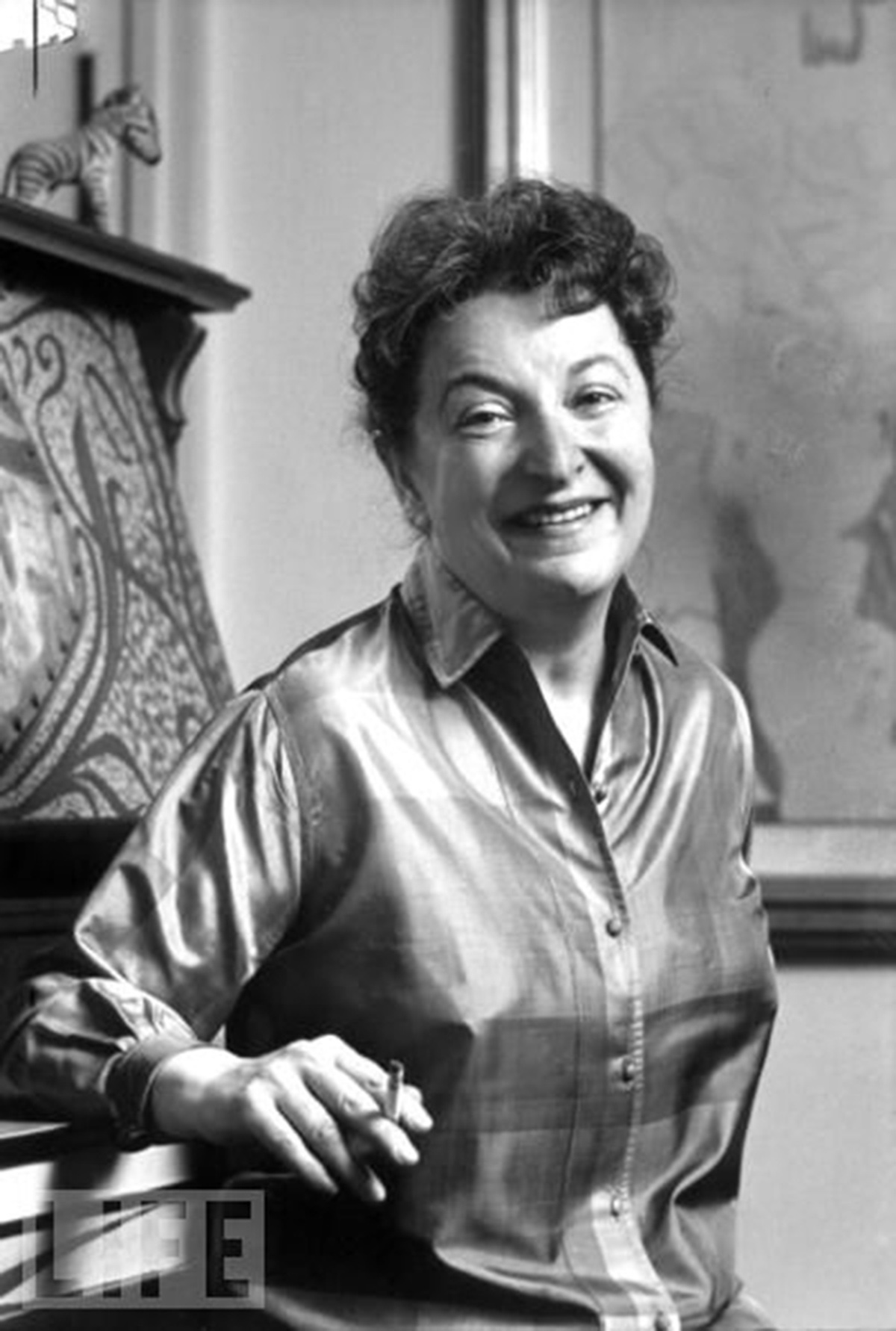
image:Film critic Pauline Kael at home (cigarette in hand).Photo by Martha Holmes/The LIFE Images Collection
We should definitely mention that no one could forget Pauline Kael’s spectacular style of writing about movies in New York cinema from 1950’s to 1990’s and I will underline her flashy fame once more. It ‘s difficult to talk about Kael’s exact style in her writings because her sharp, open-minded and maybe hurtful words were the best epochal critics of the film history. Kael was really analyzing -reading the film deeply and putting into words in a very unusual way; loutishly and bravely that’s why she was adopted one of the best film critic of American cinema –she was masterpiece of a film script, was very prolific and a cultural proponent or on the contrary a wrecker.
This snoop, Jewish migrant girl was only writing for being voice of others and relaxing herself as she tells the story to her friend in a café -actually she did it! She discussed the stories with her girlfriend in a coffee shop in the earlier stages. When Kael started to write in the New Yorker late 1960’s,she became the sole critic of that time because particularly the audience and directors, screenwriters took her assertive writings seriously. Kael influenced many directors and their careers since her comments and critics are much more authentic, odd and responsive than conventional critics. It became an important matter for one director to be praised by Kael and that director could work with the filmmakers without any approbation.
Kael’s words were piercing into human and the audience deeply because it is a well known that she generally wrote about the failure of the films by showing her personal loathing to the script; Kael at the same time was explicitly fond of sex and violence and seen as a sensualist but she never accepted brutality in films since it was represented as the fascist imagery of some directors.
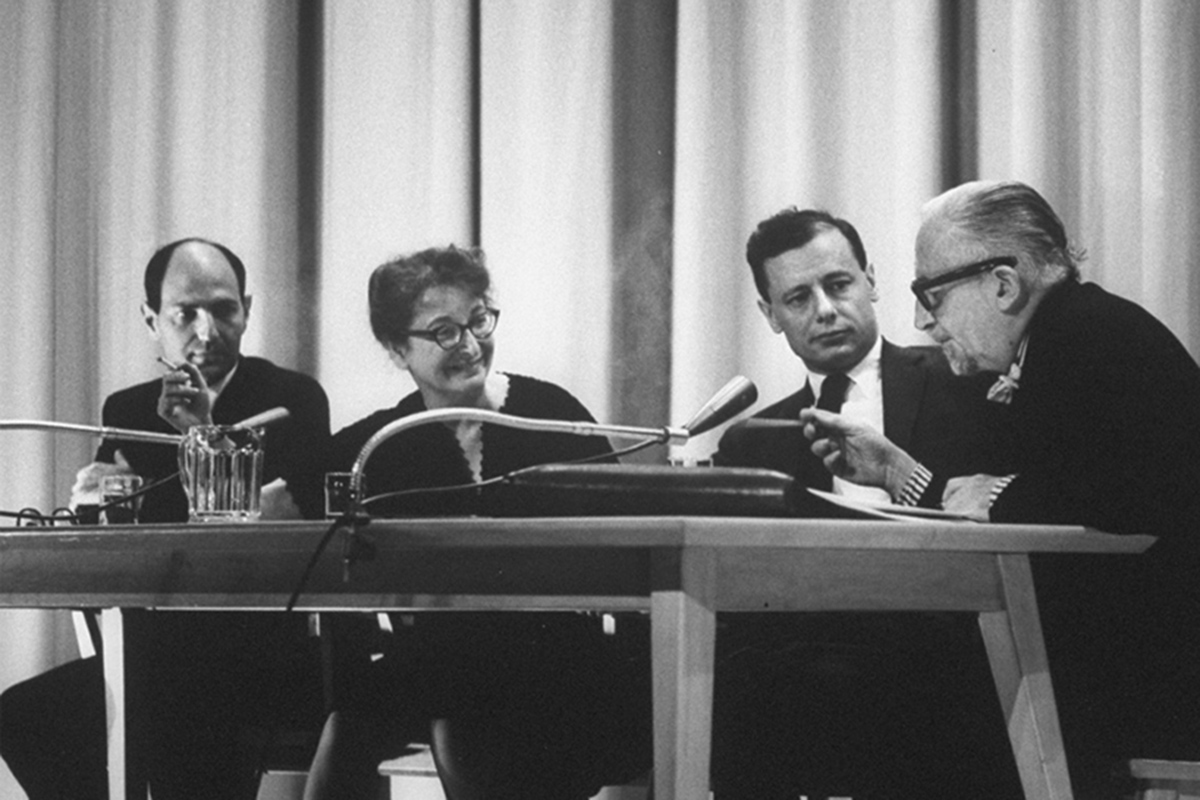
Film critics Daniel Rosenblatt, Pauline Kael, John Simon and Dwight Macdonald discussing New York Film Festival movies. Sept. 1, 1963 Photo by Bob Henriques/The Life Images Collection/Getty Images
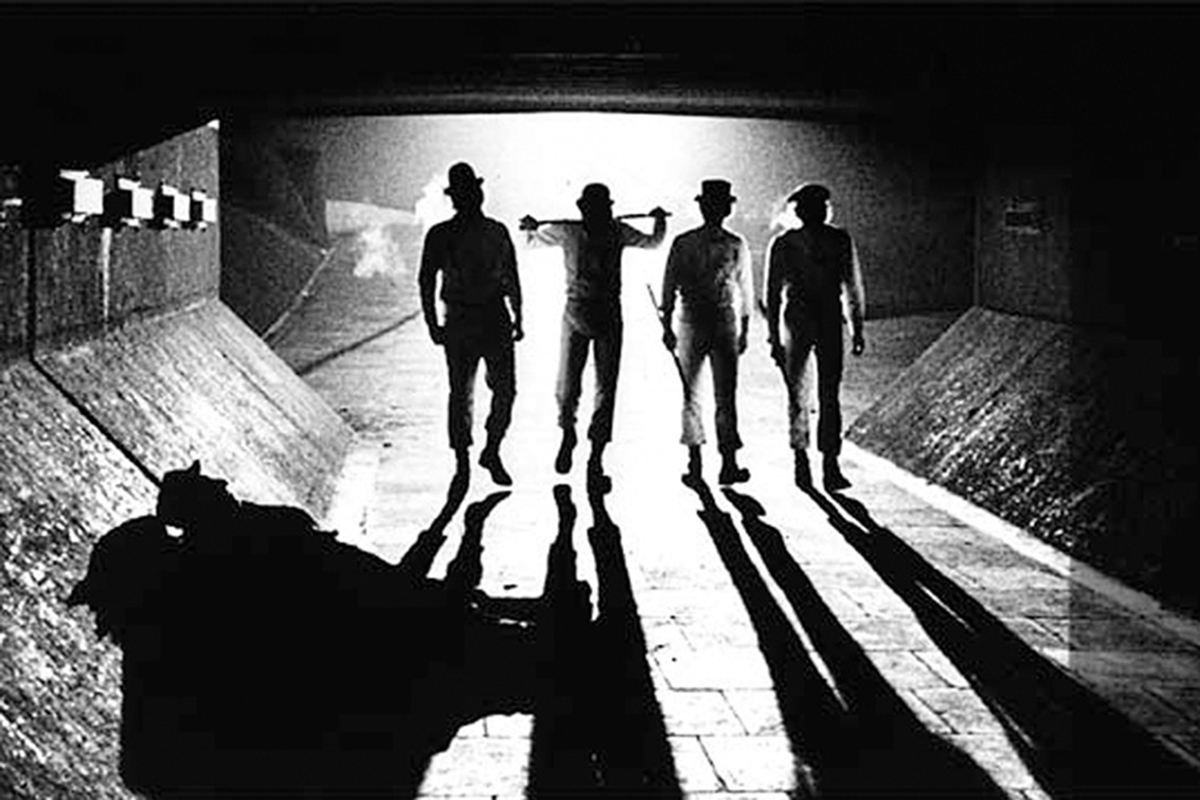
Stanley Kubrick’s A Clock Orange, 1971 photography:Intuition Online
They are all desensitized films and Kael explained it in review of Stanley Kubrick's A Clockwork Orange film:
''At the movies, we are gradually being conditioned to accept violence as a sensual pleasure. The directors used to say they were showing us its real face and how ugly it was in order to sensitize us to its horrors. You don't have to be very keen to see that they are now in fact de- sensitizing us. They are saying that everyone is brutal, and the heroes must be as brutal as the villains or they turn into fools. There seems to be an assumption that if you're offended by movie brutality, you are somehow playing into the hands of the people who want censorship. But this would deny those of us who don't believe in censorship the use of the only counterbalance: the freedom of the press to say that there's anything conceivably damaging in these films.. ''
Sometimes, anger is good; it causes to make a better justification of some matters and it evolves judgement and suzerainty with objectivity, most importantly; if you want to desire the real art itself you need to kill off it at first and then you get a reaction somehow. Kael’s dissections thematically insulted to the directors film-by-film and line-by-line and West Side Story (1961) is the one of her negative film reviews that Kael’s words scorched the earth sorely:
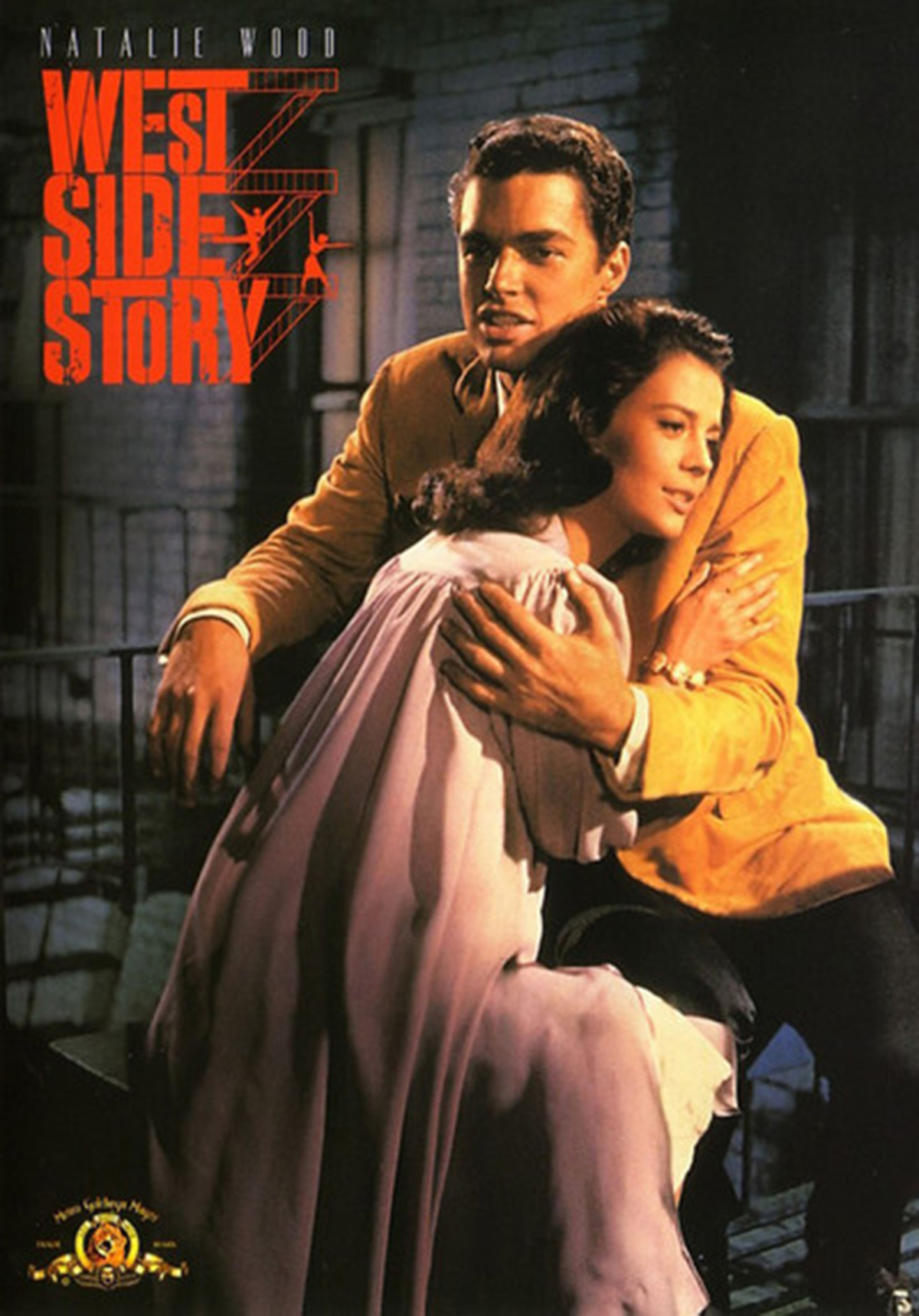
West Side Story, 1961 directed by Robert Wise and Jerome Robbins;movie poster image:Roger Ebert
''The movie was "frenzied hokum," the dialogue was "painfully old-fashioned and mawkish," the dancing was "simpering, sickly romantic ballet," and the "machine-tooled" Natalie Wood was "so perfectly banal she destroys all thoughts of love."
Many directors have learned lots of things from her literary, writing style and analyses in films because for some directors, Kael’s turn of phrase was not striking as it is and they used, they improved their narrations and cinematography thanks to her. So, they owed their privilege in the society to these angry critics, which seemed that they assimilated all the tricky ‘’nuances’’ and invective words intimately.Woody Allen and Quentin Tarantino were just two of them. She was a real celebrity of intelligentsia and ultimate champion of movie critic of the history as Roger Ebert says at one time: Kael "had a more positive influence on the climate for film in America than any other single person over the last three decades."
In recent years, no name left a trace in our mind about activist film criticism involuntarily without Roger Ebert; we express this sadly. We will repeat this ashamedly. We are having difficult times and we are in a period in which the films and criticism are consumed as a marketing tool and none of us can talk about that they have a good taste for the cinema. Today’s film criticism (actually film review) is just serving to the formulaic cinema, which only focuses on target audience, market logic, film festivals and meta-culture so the ‘’film criticism’’ cannot contextualize itself within an art form and it does not express itself in a hard-core debate and controversy. If there is no independent thinking, there will be no discourse and if there is no knowledge, there will be no authentic culture. The most important reason is that we are exposed to so many reviewers in newspapers or magazines but still this plurality cannot save the argument as long as we know activist criticism is a kind of personal or intellectual concern without a contemporary consumption.
Incidentally asking;what today’s film criticism negates? Are they written in a political or social agenda? Is there anyone concerning about aesthetic dimensions in films? Or can film theory and criticism be separated from each other? And we’re responding: No! Because today’s film criticism does not represent one’s apprehension about some struggles politically-socially and it must be known that if you do not construct your own literary in conditions that need to be forced or explored, you can not define new rules of pragmatic film criticism individually and collectively –it can be faced with an automatism of requested but it must be creative not just should be written for ‘’entertainment’’ or ‘’powered economy’’.
